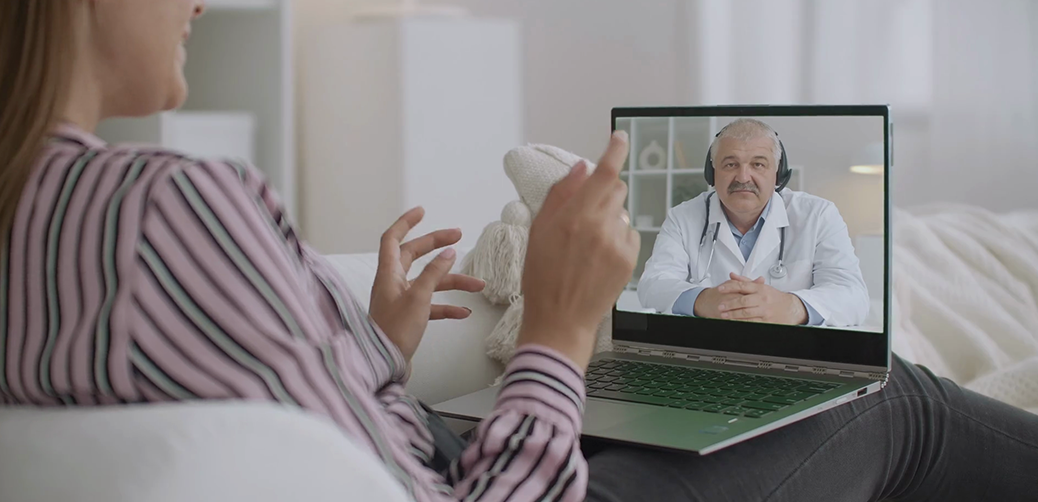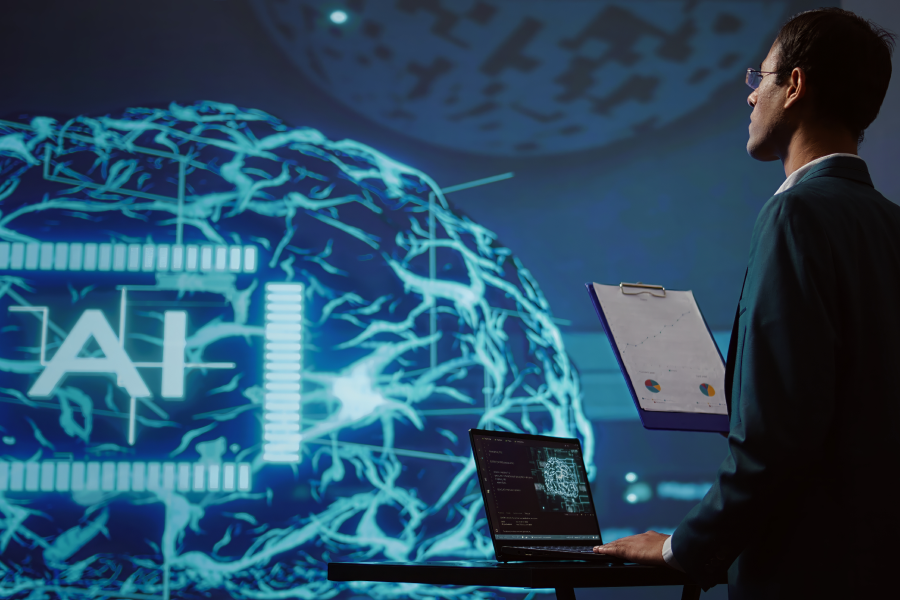Medical science and technology is improving by leaps and bounds with each passing day. With various inventions, discoveries, and new research in different medical industry fields, it is very important to remain updated with the latest developments. This is the reason doctors and medical staff have to keep on educating themselves so that they know about the latest developments that are taking place. But sometimes, this cognitive load becomes too much for physicians. There are instances where it has been proved that too much of the cognitive load on physicians led to some erroneous treatment by the doctor and the patient suffered gravely for the same.
Cognitive overloading has been seen to affect physicians and their clinical team members, which has become a cause of major worry for many hospitals and nursing centers. It is quite obvious that physicians and doctors have to coordinate and process vast volumes of data, information, knowledge, and context and discuss the same with their team so that proper healthcare is facilitated to the patient. In a survey and research report, it has been seen that cognitive overloading has impacted clinical quality adversely and led to unwanted and unintentional errors. Therefore, the problem of cognitive overloading must be handled properly so that it does not hamper the physician’s work and performance in any manner.
performance in any manner.
Delivering proper care to the patient becomes difficult with cognitive overloading
If we speak generally, the use of technology should have made the life of a doctor or a physician easier. If we look back, physicians are used to documenting patient encounters by hand. They used various modes for documenting, like writing plainly on paper, making charts, creating notes, etc. But now, with advanced technology, all patient records remain in electronic format. The data can be accessed from any place and at any time with necessary permissions and securities. All data can be accessed from a single smartphone. Right from taking a look at the reports to collaboration with the medical team – everything can be done via the smartphone. Isn’t this a better option where you can do much more with such little stuff?
But strangely, for physicians, the thing has not become any simpler. Rather it has become more complicated and intriguing. Why? With the internet on your fingertips all round the clock, physicians are loaded with data from various sources throughout the day. Every day, they have an ocean of information, which confuses them, bewilders them, and creates problems overall. Therefore, the attention of doctors and clinical staff is demanded by patients, fellow peers, and various technological systems.
How does cognitive overload look like for physicians?
Different kinds of studies are being carried out to understand cognitive overload in physicians. It has been found that various kinds of interruptions take place during patient care and most of these interruptions are from technology-based sources like notifications, phone calls, alerts, texts, alarms, pages, etc. Due to these system-based interruptions, the attention and concentration on patient care is disrupted and hampered to some extent.
It is important to understand what are the signs which indicate that the physician is overloaded cognitively. Observing clinical environments can help in understanding this in a better manner. In the majority of the cases, it was found that the physician or the clinical staff seemed to be overwhelmed or over stressed due to cognitive overload. Once a physician is cognitively overloaded, he is not ready or rather highly reluctant to adopt new and better technologies. In many cases, it has been seen that with cognitive overload, clinical team members often fail or ignore important alerts. This is a very serious issue as this might impact the patient’s safety, along with the quality of care being imparted.
The integration of technology should be done in a better manner in the workflow process.
There are reactions where doctors and clinical staff opine that technology is one of the major contributors to cognitive overload. There are various technological sources which lead to cognitive overloading. Some opine that charting and documenting in the EHR leads to cognitive overloading. Again, others say that data retrieval from EHRs, alarms, and attempts to communicate with other team members using technology adds to the cognitive burden. To make the process better and smooth, the proper workflow has to be set and maintained, and that has to be integrated across all platforms so that everyone has the data accessible. This keeps the workflow smooth.
It is needless to say that taking care of patients will only become difficult and complex with each passing day as difficult ailments are making their entry into the world. Also, the amount of information available will keep on increasing exponentially. What should be done to minimize or eliminate the cognitive overload of physicians and their clinical team in such a situation? The most important thing that needs to be done is to utilize technology to get essential and required information then. Filter and refine your search for getting precise and accurate information. This definitely saves from the accumulation of extra burden for the mind.
a) Better speed – In the medical industry, emergencies and critical events keep on taking place. When such situations arise, speed is a major factor that is taken into consideration. With the help of clinical communication technology, organizations can build automated escalations to obtain a timely response from at least one source. These escalations can be a role or device level. The cognitive burden is reduced significantly with escalations as physicians have peace of mind that someone is taking care of the critical event or emergency. Since the patient alert reaches another caregiver, there is no chance of the patient not getting treatment. Speed is also related to the completion of the task.
b) Great source of truth – When doctors look for information, it is important to have a source that is reliable and intuitive. In this situation, what really helps is a web-based enterprise directory. This directory contains contact information, preferences, schedules, etc. All the present information can be updated so that there is no old data. With proper scheduling and contact details of doctors and clinical team, quick help can be accessed anytime. This helps in minimizing cognitive load for physicians to quite an extent.

With the proper use of technology, physicians can maintain a smooth workflow. In fact with proper data and context in hand, they can make the proper decision at any place and at any time without the fear and tension of cognitive overload.
At SoftGrid Computers, our expert developers possess years of experience and immense technical proficiency to build a custom Telemedicine delivery system to minimize the cognitive load from an individual or healthcare organization. Our team of proficient web developers can any day assist you in designing customized hospital management software integrated with Telemedicine services to gain an edge over your competitors.
Contact us to learn more about how we can build an innovative healthcare delivery model for you!

 Web and Full Stack
Web and Full Stack CMS and Frameworks
CMS and Frameworks Online Marketing
Online Marketing Cloud Services
Cloud Services ECommerce
ECommerce Mobile
Mobile



